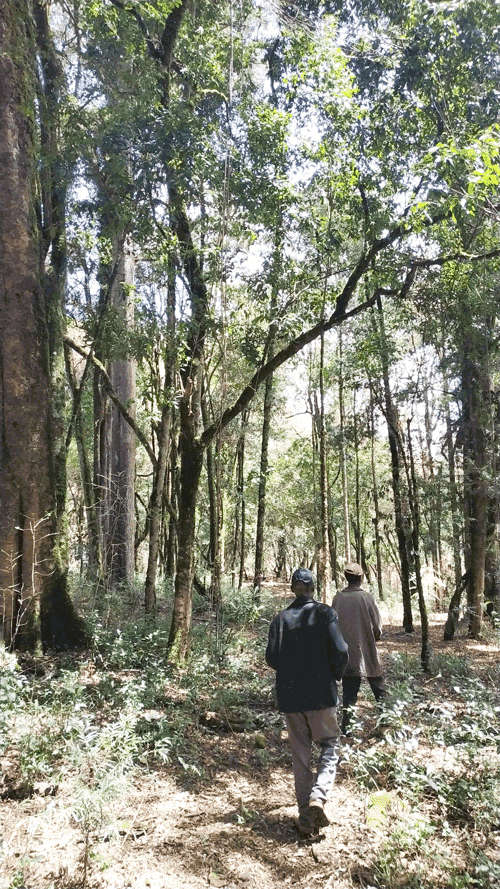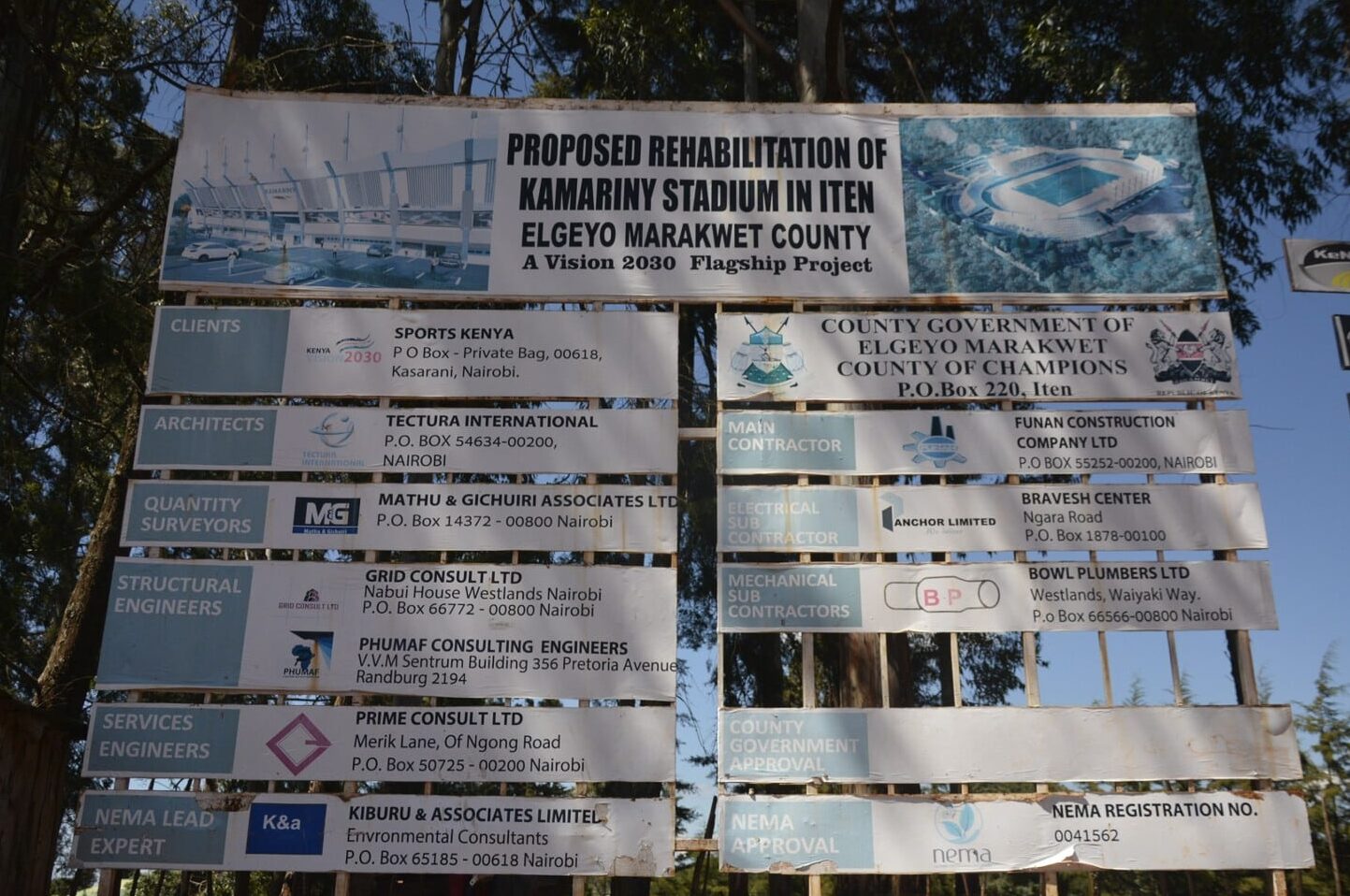By Léa Lacan, Project A04 “Future Conservation”
Abstract

This article explores how local inhabitants living near the Katimok Forest in Baringo County, Kenya, engage with the traces of their past embedded in the landscape, and refigure them into politically powerful ruins. Drawing on ethnographic and archival research, the study examines the traces left behind by former forest dwellers before they were relocated by colonial and post-colonial governments, and analyses the current residents’ interactions with these traces. The article shows that traces are mnemonic and affective devices that remind the local inhabitants of emotional stories of a lost past and foster a sense of belonging.
In addition, former forest dwellers and their descendants use these traces as evidence and symbols of their belonging and suffering to demand recognition of their historical loss from current national authorities. By performing the traces as ruins of a lost past, claimants harness their political power. This study highlights the importance of considering forest politics in relation to affective and political engagements with the material landscape.
Reference
Lacan, L. 2023. In the ruins of past forest lives: remembering, belonging and claiming in Katimok, highland rural Kenya, Journal of Eastern African Studies, DOI






